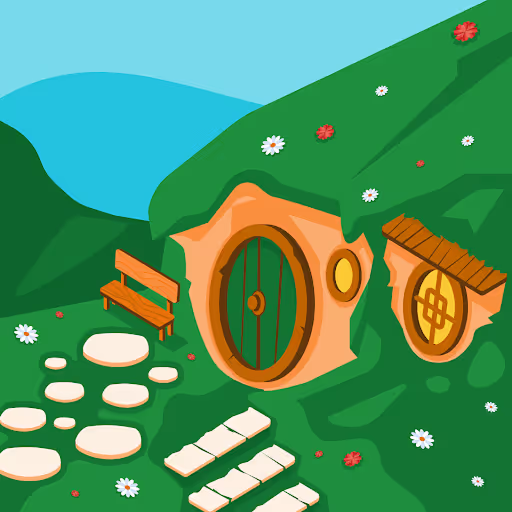Explore the ERS
Programme Workbooks
ERS builds core recovery knowledge and skills through 12 interactive workbooks, each of which focuses on a critical recovery-related topic.
How to Access ERS
Join an existing ERS group as a participant or get certified to facilitate this ground-breaking addiction recovery programme in your community.
Group Access
Join a small group working through Exodus Recovery Skills together. Experience the power of processing in a safe community setting guided by a trained facilitator.
Facilitator Access
Empower others on their recovery journey. Complete our training and access all ERS materials through the Bridge platform to lead impactful recovery programmes.

The Methodology
A three-pronged approach that helps participants to internalise core knowledge in a way that shifts thinking patterns and behaviour.
Helpful Resources
Explore our collection of complimentary materials that provide practical support for programme participants and facilitators.
Participant Feedback
Direct feedback from participants engaging with the ERS programme. These testimonials share the real impact that workbooks have had on their recovery process.






FAQs
Here are some common questions about the ERS programme and its implementation.
ERS is designed to address the underlying biopsychosocial spiritual mechanisms that underpin addiction in order to permanently arrest cycles of dysfunction. Adaptable to various contexts, the power of ERS lies in its primary focus on personal reflection and real-life application that fosters genuine change and growth.
ERS is typically facilitated over 4-6 months in weekly sessions of 1-2 hours, although this structure can be adapted depending on context and facilitation preferences. Completing the programme within the specified timeframe requires participants to commit to regular written work in their own time.
No professional qualifications are required. Anyone with a heart for recovery and a willingness to learn can facilitate ERS after completing our training. Facilitators must complete three training courses: Small Group Facilitation Training, Addiction Recovery Training Intensive, and ERS Facilitation (approximately 30 hours total). All training is available through Bridge on our online Academy.
Absolutely. ERS is an ideal primary intervention for use in both outpatient and inpatient settings. It also works extremely well as an aftercare component. A flexible structure means that ERS can be easily integrated into clinical and community-based environments.
Yes. ERS addresses the common underlying mechanisms across different addictive disorders, making it effective for substance use disorders (alcohol, drugs), behavioural addictions (gambling, pornography), and process addictions (food, technology). The principles and skills are universally applicable with appropriate facilitation.
Still have questions?
We're here to help!




















